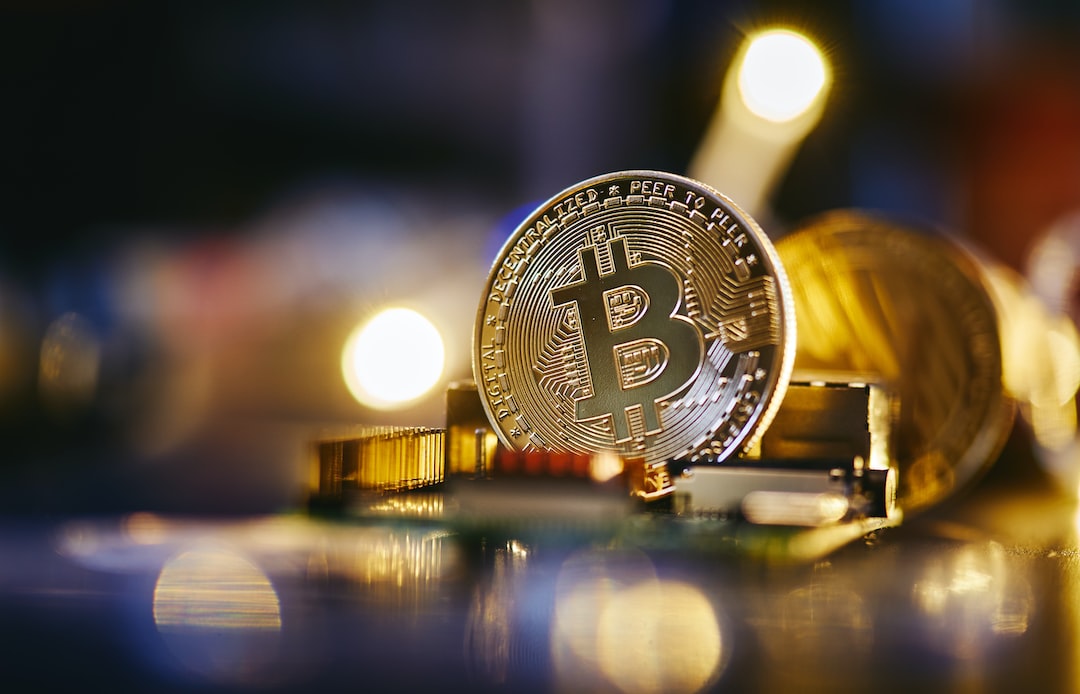The FBI Identifies Six Bitcoin Wallets Connected to Lazarus Group
The US Federal Bureau of Investigation (FBI) has announced that it has identified six Bitcoin wallets connected to the Lazarus Group, a hacking group allegedly sponsored by the Democratic People’s Republic of North Korea (DPRK). The wallets are said to contain over 1,500 BTC, worth nearly $41 million. The FBI has urged crypto exchanges to be vigilant and not process any requests from these addresses, as the group may attempt to liquidate the stolen funds. The Lazarus Group has been linked to several high-profile crypto hacks, including attacks on the Harmony Bridge, Atomic Wallet, and Ronin Bridge.
Key points:
- The FBI has identified six Bitcoin wallets connected to the Lazarus Group.
- The wallets contain over 1,500 BTC, worth nearly $41 million.
- Crypto exchanges are urged to be vigilant and not process any requests from these addresses.
- The Lazarus Group has been involved in several high-profile crypto hacks.
- Research by Elliptic reveals that the group has stolen over $2 billion worth of coins between 2017 and 2022.
According to research by blockchain security company Elliptic, the Lazarus Group has stolen over $2 billion worth of coins between 2017 and 2022. Most of the targeted entities were in Japan, accounting for 30% of the total losses at around $721 million. In 2022 alone, the group managed to steal almost $1 billion worth of digital assets. The FBI has warned private sector entities to examine the blockchain data associated with the identified addresses and to be cautious when dealing with transactions derived from them.
Hot Take
The identification of these Bitcoin wallets connected to the Lazarus Group highlights the ongoing issue of hacking and cybercrime in the crypto space. It serves as a reminder for crypto users and exchanges to remain vigilant and implement robust security measures to protect their assets. The involvement of state-sponsored groups like the Lazarus Group adds another layer of complexity and highlights the need for international collaboration in addressing this global problem.





 By
By
 By
By
 By
By
 By
By
 By
By
 By
By